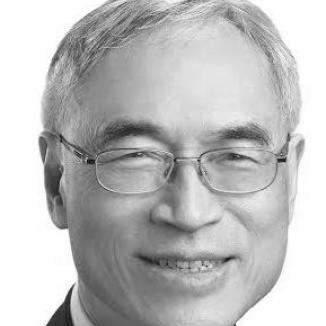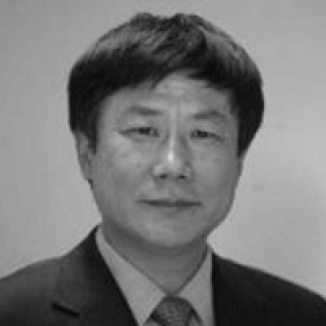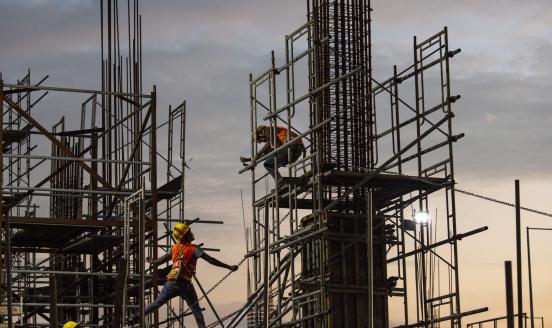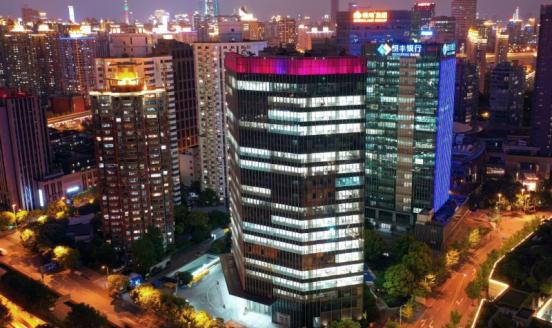EU-China economic relations: looking to 2025
This event will see the launch of a report on EU-China relations and discuss issues such as trade and investment, industrial cooperation and innovatio
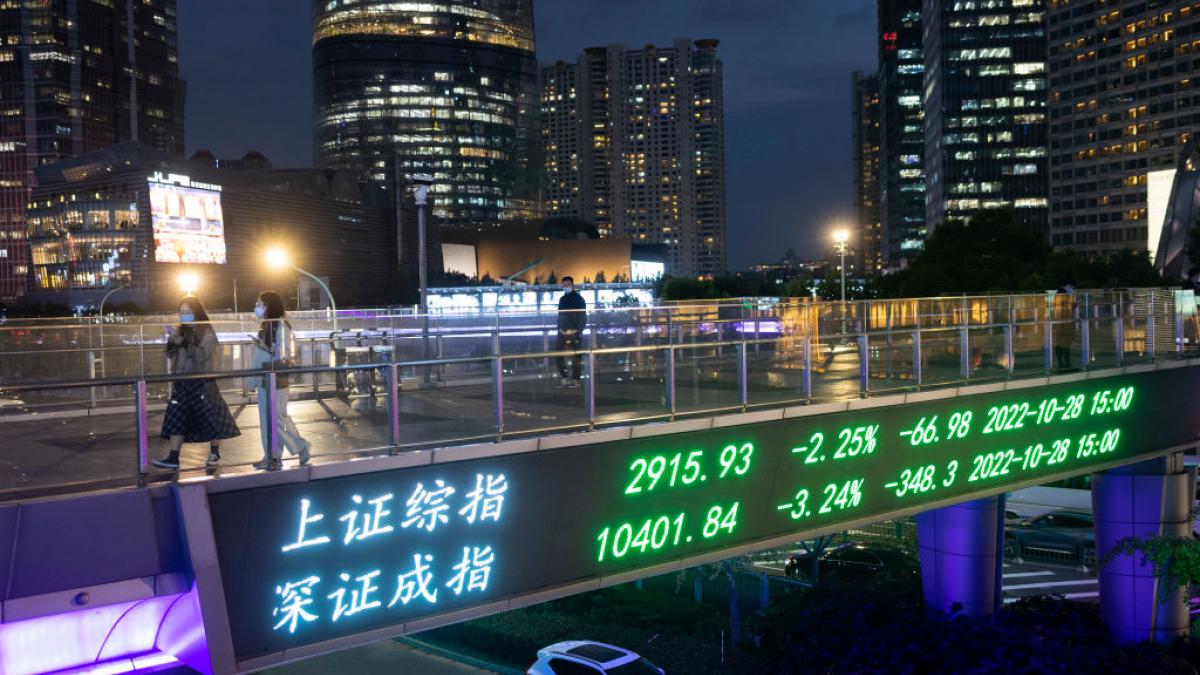
Speakers
Jean-Claude Trichet
Honorary Chairman of Bruegel,
Robin Niblett
Director, Chatham House,
Lawrence J. Lau
Ralph and Claire Landau Professor of Economics, The Chinese University of Hong Kong,
György Szapáry
Chief Adviser to the Governor, Central Bank of Hungary
Zhang Yansheng
Principal Researcher, China Center for International Economic Exchanges,
K.C. Kwok
The Chinese University of Hong Kong,
Ian Davis
Chairman, Rolls-Royce,
Dame Clara Furse
Chairperson HSBC UK, Former Chief Executive, London Stock Exchange,
Tony Graziano
Vice-President of the European Public Affairs and Communications Office, Huawei,
Hanna Müller
Chief Representative, BDI Representation Beijing,
Anatole Kaletsky
Chief Economist and Co-Chairman of Gavekal Dragonomics,
Ina Lepel
Director-general for Asia-Pacific, Federal Foreign Office,
Victor Chu
Chairman, First Eastern Investment Group, Hong Kong,
Huang Ping
Director General, Institute of European Studies, Chinese Academy of Social Sciences,
Gunnar Wiegand
Managing Director, Asia and the Pacific, European External Action Service,
Video recording
Note that parts of this event are in Chinese.
Event summary
This event saw the launch of the report: EU–China Economic Relations to 2025. Building a Common Future by Bruegel, Chatham House, China Center for International Economic Exchanges (CCIEE) and the Chinese University of Hong Kong on EU-China relations.
Presentation of the report
At the start of the event the he lead authors -Alicia Garcia-Herrero, K.C. Kwok, and Zhang Yansheng- presented their recommendations for enhancing EU-China economic relations, summarizing two years of discussion and four workshops. The panel focused on four themes: investment, trade in goods, trade in services, and global governance.
EU-China investment relations are underdeveloped relative to US-China’s equivalent. Both sides recognize this is where there is greatest potential for improvement. Since China is improving its business environment, the key recommendation is now to reinvigorate EU-China investment agreement negotiations.
Even though EU-China trade in goods is similar to US-China’s equivalent, there is hope that the Belt and Road initiative will deepen this relation even further. China has liberalized its relations over the past 15 years, although there remain restrictions. Collaboration on issues such as excess capacity could help deepen trade in goods by further levelling the playing field.
As for trade in services, the EU-China relation is slightly underdeveloped relative to that enjoyed by the US and China. The financial services are an industry where trade could be improved. China has not fully liberalized its financial system, yet the authorities recognize the need for reforms. China’s growing external involvement must indeed be supported by an efficient domestic financial sector. Another recommendation is therefore for European and Chinese financial institutions to collaborate on this front, with China benefitting from EU’s expertise on financial regulation. This collaboration would also pave the way to reforming the global financial architecture.
This brings the final theme covered in the discussion – global governance. The EU and China enjoy a stable economic and political relationship, without the shadow of security concerns. Collaboration has prevailed over disputes, despite an increasingly protectionist and polarized world. Consequently, the EU and China are now in a position to direct governance towards not only freer but also fairer trade.
The dominating issue in this panel was investment, the barriers that lead to subdued FDIs on both sides, but also the commonly achieved progress and the huge potential of future investment and trade activities.
Session on trade and investment
The first panel focused on trade and investment. Subdued bilateral investment between China and Europe have their roots in both the different economic conditions as well as governance frameworks. According to Ian Davis, foreign investors face several other barriers that hamper stronger investment activities. Companies engaged in the high-tech sector were worried about the ownership of intellectual property, the cost of capital, contract enforcement but also more general issues regarding working conditions and human rights.
Despite this background, gradual progress has been achieved e.g.
- The launch of a link between the Hong Kong, Shanghai and Shenzhen stock exchange lifted the constraints for foreign investors to get access to China’s main land A-shares
- The standard of banking regulations becomes increasingly aligned with those of developed countries
- Chinese services take on a greater share of the value chain e.g. R&D outcomes become a great source of innovation for foreign companies
With initial low levels of investment, the panellists agreed that the wide-ranging potential should be seized. Most importantly, a rule-based framework that creates a common level playing and defines rights and rules for all players needs to be set in place. Furthermore, the Belt and Road Initiative (BRI), which should be financed by the international community rather than solely by its initiators, creates the potential of building a common financial and governance infrastructure. Additionally, as the convergence of economic models is slow, Victor Chu encourages for greater partnerships between European and Chinese companies including medium-sized players maximising the range of potential cooperation.
Session on industrial cooperation and innovation
At the second panel an exchange of ideas on the three dimensions of the UE – China relation took place. The outlined areas are:
- energy and innovation
- exchange of scientific and technical knowledge
- collaboration in finance.
The first main message discussed in the panel was the idea that when it comes to innovation you have to talk to people. Exchange of people provokes innovation, which in its turn starts with the exchange of ideas. Several speakers underlined the importance of programs such as an undergraduate student’s exchange. However, people to people exchange encounters several barriers on the path to its realization such as visa requirements, where an introduction of 10 years multiple entry visa can be highly desirable.
Secondly, cooperation may bring success with the combination of the EU and China’s strengths. The market scale and basic research have a profound positive influence on innovation. There is a need of an element which will promote the EU – China cooperation, paying attention to the fact that there exist many areas where China is actually way ahead of Europe. The element could be, for example, fifth generation communication network. The potential for the EU – China collaboration may lie as well in space exploration with academic cooperation, patent application services and decarburization.
Last but not the least, framework conditions, where European and Chinese approaches are said to be different, are crucial for the development of the EU – China relationship and clear standards and rules must be developed.
Session on global governance
The final panel highlighted the major challenges and opportunities for collaboration on global governance, in light of the report’s findings. Several aspects were covered: world trade, security and climate, and the growing role of China in the multilateral order.
Regarding trade, the US withdrawal puts pressure on EU and China to uphold global trade governance. A recommendation here is to prevent sliding into protectionism by stimulating multilateral initiatives. However, promotion of free and fair trade by China can only influence other countries’ policies if its own current account is liberalized. A recurrent problem here is that China sometimes puts its domestic policy objectives before the international rules it advocates when there are diverging interests.
For security, the discussion highlighted the South China Sea and how flourishing EU-China relations should not alienate the US and Russia. Overall, EU and China should have a more inclusive approach to global security. Related to that point is the issue of global cooperation on the threats from climate change, one of most promising areas for collaboration. Again however, to inspire other nations on climate issues, China’s championing of renewables should be accompanied by ambitious emissions reduction policies.
Underlying all these discussions is multilateralism and China’s growing role. Its sheer size implies international spillovers and requires China to take responsibility. As can be seen in their greater assertiveness in international organizations, Chinese authorities now embrace this new role. They have the intentions to reform several domestic policies to make their economic situation more sustainable. The recommendations are therefore for the EU to assist China in that transition; to decide the rules the EU and China would like to jointly promote globally so that both enjoy the outcomes; and, within the EU, to develop a more cohesive approach to global governance among member states.
Closing remarks
In his closing remarks, Managing Director for Asian and the Pacific at EEAS, Gunnar Wiegand, took stock of the current situation for EU-China relations. The fundamental agreement on both sides is that there are gains from maintaining the relationship. For economic relations, the EU’s stance is to assist the Chinese authorities wherever possible for implementing the remaining reforms for trade and investment. For political relations, a lot of uncertainty remains as China is still perceived as a silent giant on foreign policy. To conclude the event, he reemphasized the need for reciprocity to maintain harmony, as well as the importance of being more result-oriented and transparent for the future of the EU-China relations.
Event notes by Nicolas Moës, Yana Myachenkova and David Pichler (Research Assistants)




